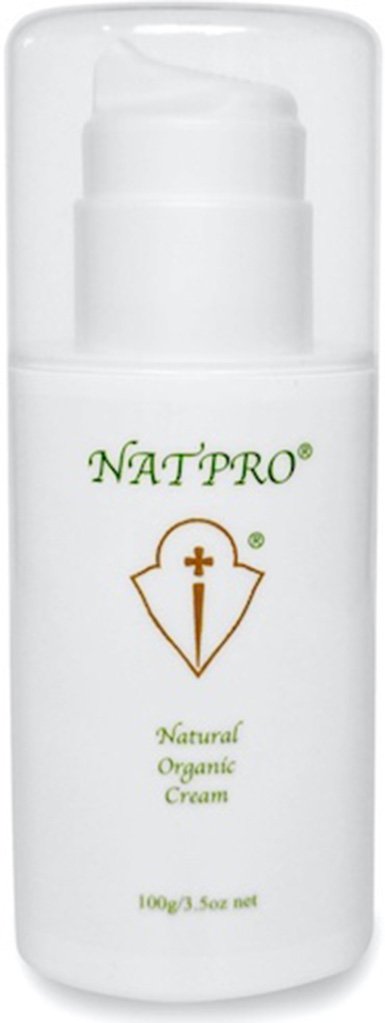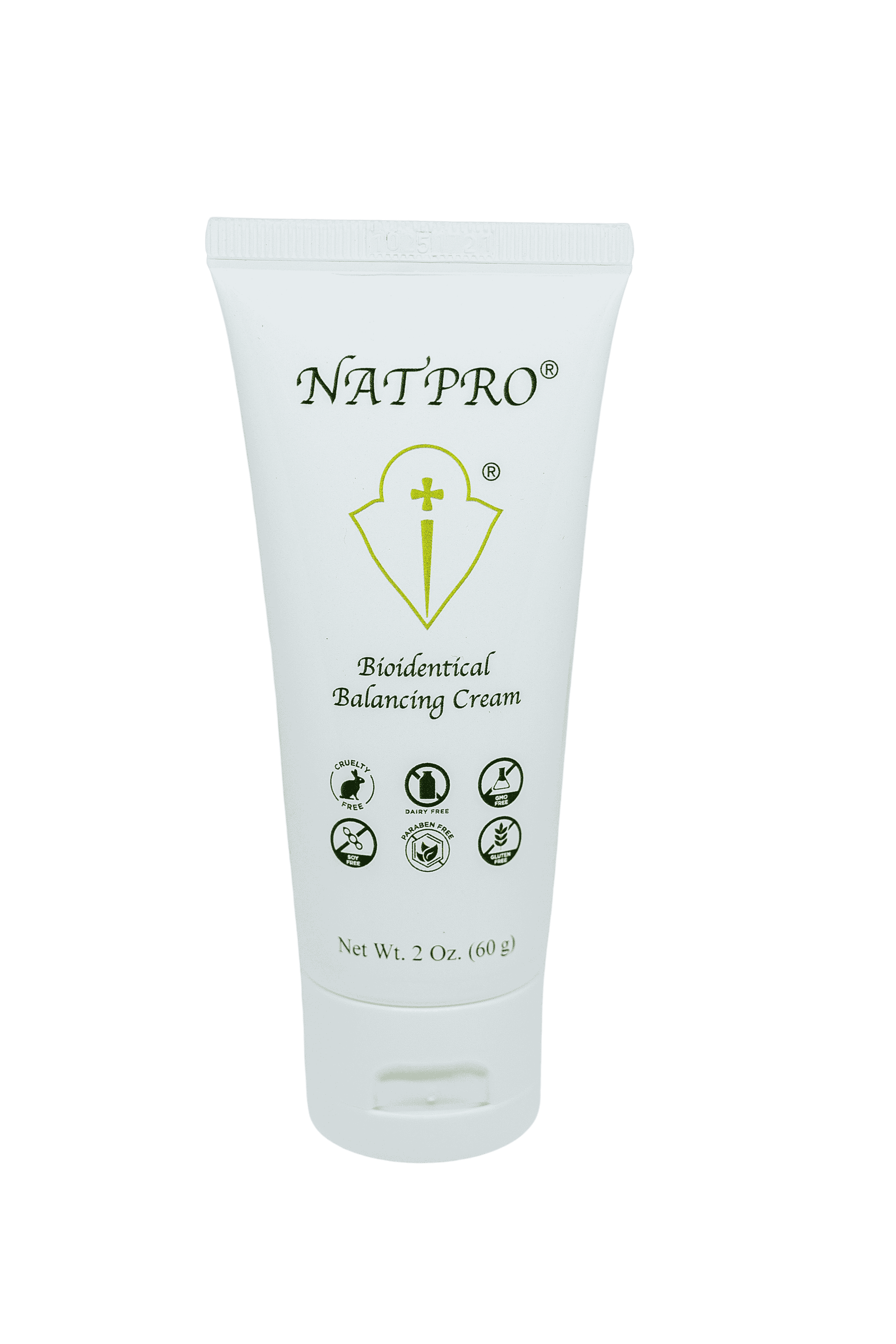Progesterone and psoriasis
Many people have reported using progesterone and psoriasis has improved. Progesterone has many properties which indicate it should help. Psoriasis is believed by some to be an auto-immune disease, progesterone has immunosuppressive properties, it inhibits the Th1 cytokine response leading to inflammation and stimulates IL-10 which is anti-inflammatory.
Tumor necrosis factor-alpha (TNF-alpha) plays a central role in sustaining the inflammatory process in the skin as well as in the joints of patients with psoriasis and psoriatic arthritis.
Among the several effects produced by TNF-alpha on keratinocytes there is the induction of expression of MMP-9, a matrix metalloproteinase (MMP). Our findings show the existence of a direct relationship between MMP-9 and TNF-alpha production, strongly suggesting that MMP-9 may play a key role in the skin inflammatory process in psoriasis, while a different role may be attributed to MMP-2."
Human keratinocytes act as targets for progesterone action as they have a high amount of progesterone receptors. Progesterone inhibits the action of matrix metalloproteinases, which would lead to a decrease in the inflammatory response.
Sunlight on skin has been found to improve the condition of psoriasis, and lamp therapies abound, but none of the studies mention the fact that the improvement is more likely to be caused by the vitamin D that is formed. From as early as 1936 studies have been conducted using high doses of vitamin D for psoriasis with great success. Originally thought to be toxic in high doses, it's now known to have low toxicity, with some authorities recommending doses between 2000IU to 10000IU/day. Anything less would not help.
Vitamin D (1,25(OH) 2D) is one of the most potent substances to inhibit proliferation of both normal and hyperproliferative cells and induce them to mature. It is also recognized that a wide variety of tissues, including colon, prostate, breast, and skin have the enzymatic machinery to produce 1,25(OH) 2D. 1,25(OH) 2D and its analogs have been developed for treating the hyperproliferative disease psoriasis."
Among the various factors thought to be involved in the etiology and pathogenesis of psoriasis is bowel pathology. There is a high prevalence of celiac disease and intestinal permeability in psoriasis, leading to nutrient depletion. The amino acid glutamine not only heals the gut lining but boosts the immune system. A dose of 8000mg/day would be advisable.
The sulphur amino acid N-acetyl cysteine should be taken too, between 1000 -10000mg/day. Sulphur has been found to benefit the skin and cysteine itself is found in large quantities in the skin. It is used for healing wounds, burns and the intestine. It is also the precursor to glutathione, the body's most powerful antioxidant, found in all cells, particularly in the liver. It aids in detoxing heavy metals. Although a non-essential amino acid, it may be essential for people who have malabsorption syndromes.
If the gut is compromised the probiotics Lactobacilus acidophilus and Bifidobacteria bifidum/lactis should be taken. A minimum of 10 billion bacteria per dose should be aimed for.
Both vitamin D and cysteine can be applied to the skin. For more on progesterone and psoriasis please see here.

